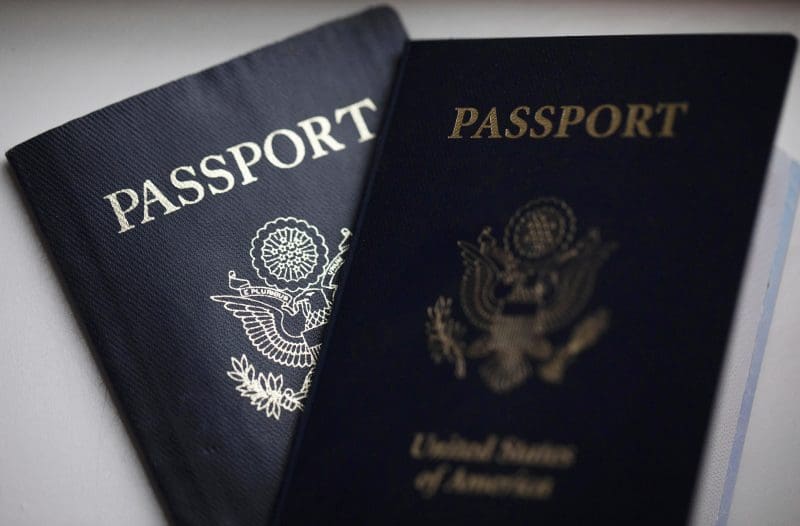Imagine this scenario: you’re at the airport, ready to embark on an exciting adventure to a foreign land. However, as you approach the customs counter, you’re asked to provide your birth certificate to confirm your identity. Sounds reasonable, right? But what if I told you that your passport application could be denied simply because the gender marker on your birth certificate does not match the sex you were assigned at birth?
This was the reality for many transgender individuals in the United States until recently. The Trump administration had implemented a policy that required individuals to have their gender marker on their birth certificate match the sex they were assigned at birth in order to obtain a passport. This policy was met with backlash and legal challenges from LGBTQ+ advocacy groups, arguing that it was discriminatory and infringed on individuals’ rights.
However, in a recent victory for the Trump administration, the Supreme Court upheld this policy, allowing the requirement for sex at birth to remain in place for passport applications. This decision has sparked a heated debate on the implications for transgender rights and inclusivity in the country.
One key point of contention is the impact this policy has on transgender individuals who have transitioned and legally changed their gender marker. These individuals may find it difficult or impossible to obtain a passport that reflects their true gender identity, leading to potential challenges when traveling internationally.
Another important subtopic to consider is the broader implications of this decision on the rights of transgender individuals. By upholding this policy, the Supreme Court may set a precedent that allows for further discrimination against the transgender community in areas such as healthcare, employment, and housing.
Moreover, this policy raises questions about the government’s role in determining individuals’ gender identity and the need for more inclusive and respectful approaches to gender recognition. Advocates argue that individuals should have the right to self-identify their gender on official documents, without being subjected to unfair and discriminatory requirements.
In conclusion, Trump’s passport policy victory highlights the ongoing challenges faced by the transgender community in the United States. While this decision may have immediate implications for passport applications, it also serves as a reminder of the importance of advocating for equality and inclusivity for all individuals, regardless of their gender identity. As the debate continues, it is crucial for policymakers and advocates to work towards policies that are respectful, inclusive, and affirming of individuals’ gender identities.





